How much home can you afford?
Use our handy calculator for a rough idea of your home price comfort-zone.
How does your income and debt-load impact your numbers? Can you improve your mortgage affordability? We help you find the answers.
Get our help to get your home.
Our Affordability Calculator offers a ballpark estimate of how much you'll be able to borrow — a first start in setting your expectations for buying a home.
Soon you'll need more accurate numbers — give us a shout or apply online for fast help, expert advice, and a better idea of (or ways to improve) your home affordability based on your financial situation.
Is it your first home? Make sure to download our essential guide to help you prepare your finances and help you through your process with great info, tips and worksheets.
Even if you're not ready to shop yet — talk to an expert True North Mortgage broker (in your preferred language). They'll quickly review your details to outline your numbers, including how to get your best rate and right mortgage fit to potentially save thousands.
What factors can affect your mortgage affordability?
Your maximum mortgage amount is usually determined by the following:
- Size of your down payment
- Your household income and expenses
- Current debt obligations
- Your credit rating
- Best mortgage rate that you qualify for (according to the latest federal stress-test regulations)
- A pre-approval gives you more accurate numbers (vs a pre-qualification)
- Learn about first-time programs and rebates available to help soften the financial blow
Here's our Mortgage Checklist for documents you may need to provide for your quick pre-approval.
A home that you can (responsibly) afford.
It's important to find a home that fits your budget — and allows you room for other things in life, like putting money away or being able to afford furniture or a vacation.
Our highly trained True North Mortgage brokers have your best (mortgage) interests at heart and can offer clear details to help reach your home-owning goals.
And you'll be able to hold your best rate (for which you qualify) for up to 120 days (depending on the lender) to offer some peace of mind while home shopping.
We make it easy — use our simple online application, call us, click on Morgan (our chatbot), or drop by one of our store locations.
Try out our other great tools:
Mortgage Payment Calculator
Compare & Save Calculator
Affordability Calculator FAQ's
The size of your down payment has a direct impact on the size of mortgage loan you'll need, and may affect your monthly mortgage payment amount:
- You may be able to get a mortgage with only 5% down payment (price restrictions apply)
- Typically, a larger down payment can lower your mortgage loan amount for lower mortgage payments
- With less than 20% down (high-ratio mortgage), you'll need to pay for default insurance, which is typically added to your payments
- With 20% down or more (conventional mortgage), you won't need default insurance, which may lower your payments
- A conventional mortgage, however, may also incur a higher mortgage rate from lenders, which may impact your mortgage payment (make sure to get your best rate through us!)
Related: Why a bigger down payment could result in a higher rate
Lenders look at two ratios when determining how much mortgage you qualify for:
- Gross Debt Service ratio (GDS) — total monthly housing costs shouldn't be more than 39% of your gross household income
- Total Debt Service ratio (TDS) — total debt load shouldn't be more than 44% of your gross household income
In addition, the federal stress test may impact the mortgage amount for which you'll be able to qualify. Regardless of your actual mortgage rate, you'll need to prove that you can still afford your mortgage payments at a higher 'qualifying' interest rate (in case interest rates go up in the future).
If you find that your numbers don't match what you're hoping for, there are some ways you may be able to increase the size of the mortgage you can afford:
- Make a bigger down payment — wait longer to save more, look at first-time home buyer programs, forego a holiday, or make use of any family monetary gifts
- Increase your income — consider a side hustle, rent out a spare room, negotiate a higher salary, upgrade for a better position, or find a job that pays better
- Pay off your existing debts
- Improve your credit score
- Look into a longer amortization to lower your payments (depending on the lender)
When looking for a home or property, real estate agents and home sellers want to know that you're serious about purchasing. A pre-approval (vs a pre-qualification) is a written commitment from a lender (with conditions) that helps ensure you can afford the house or property that interests you. So, it prevents everyone, including you, from wasting time looking at or placing an offer on homes that you may not be able to afford.
A pre-approval also allows you to hold your best mortgage rate for up to 120 days (depending on the lender).
Your pre-approval can take anywhere from a few minutes to up to two weeks for particular situations (such as for self-employed applicants). Our expert brokers can quickly help you have a pre-approval in hand when house-hunting.
Read more: Get Pre-Approved in Minutes
A mortgage pre-qualification is a quick idea of what you may be approved for a mortgage loan based on a few financial numbers provided verbally (without sending any supporting documents).
A pre-qualification may be useful when you start thinking about owning a home, for budget purposes, and to get to know the mortgage process.
However, if you're serious about looking for a home, we recommend a pre-approval, which is a conditional lender commitment for the size of mortgage you may get.
Read more: Get Pre-Approved in Minutes
We make it easy to get your best mortgage.
what do you need? we can help
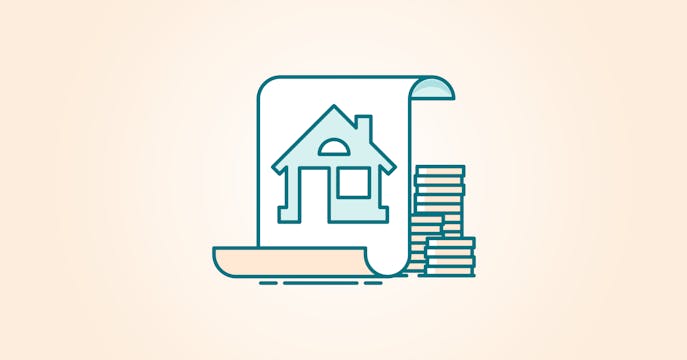
Pre-Qualify in Minutes
Know before you go (house hunting, that is). Get pre-approved fast, hold your best rate.

Compare & Save Calculator
See for yourself how much you can save with our lower rates.
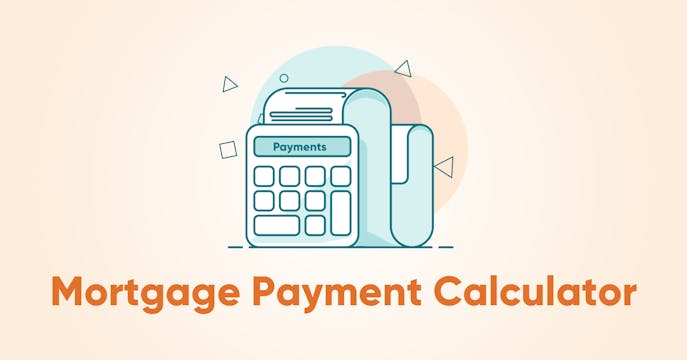
Mortgage Payment Calculator
See what your monthly payment could be, with our quick and accurate calculator.
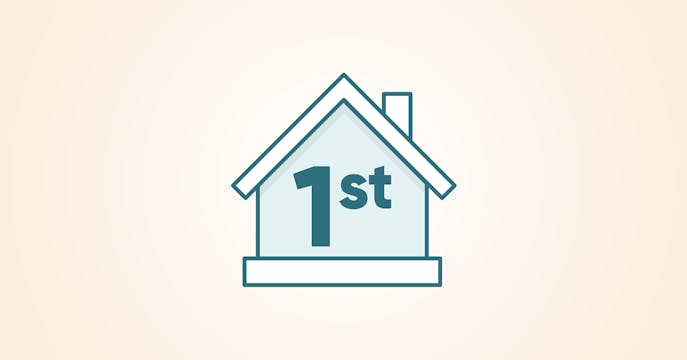
First-Time Home Buyers
Get the best start and save a pile of cash with our mortgage experts.
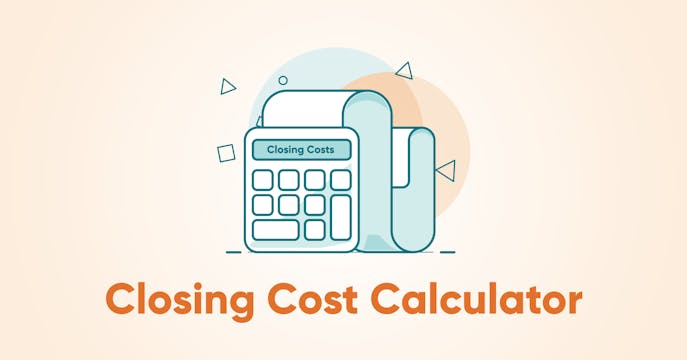
Closing Costs Calculator
Your closing costs are on top of your down payment — calculate them here.
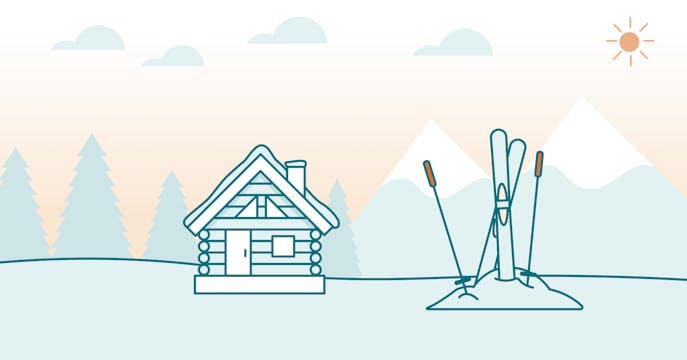
Vacation and Second Homes
Eyeing that second property? Gain ground with our simpler mortgage process and better rates.
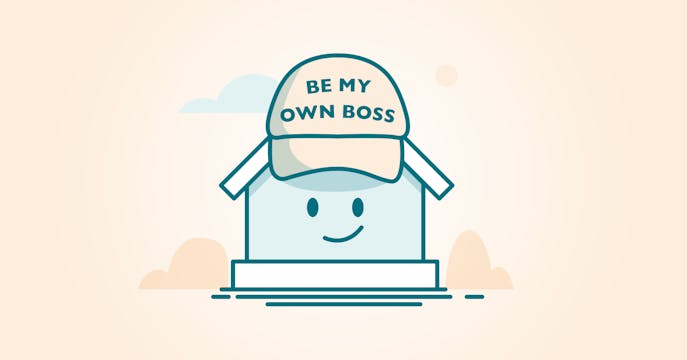
Mortgages for Self-Employed
Own a business? For the self-employed, we know the lending solutions for your better mortgage.
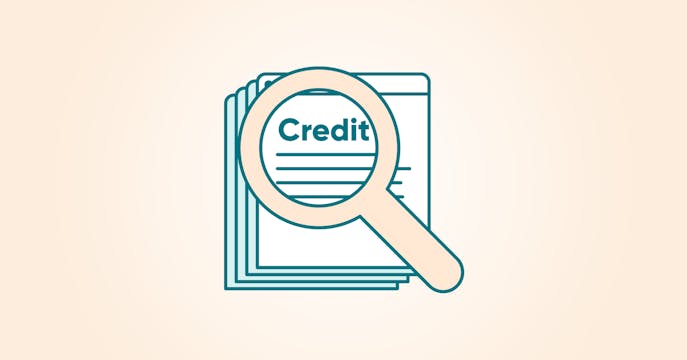
Credit 101
Take a closer look at how your credit works for getting your mortgage approval.
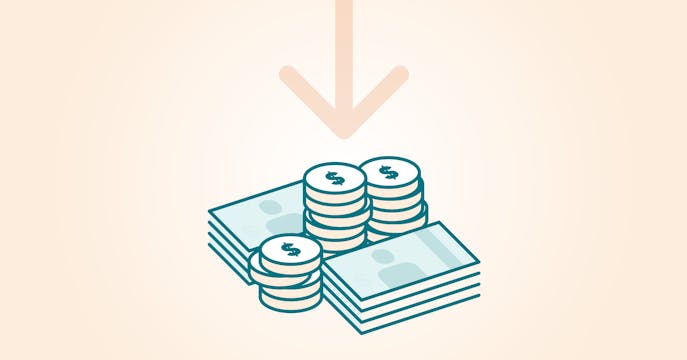
Mortgage Down Payments
Want to buy a home? You'll need at least 5% down. But wait, there's more.
a little more about our great service and rates

5-Star Reviews
We care, and it shows — we now have over 17,000 5-star client reviews.

Proof that our rates are lower.
Our rates are 0.18% lower on average compared to everyone else. Prove it? Okay!

Rate Guarantee
Unified, salaried and unbeatable service (along with your best rate).
